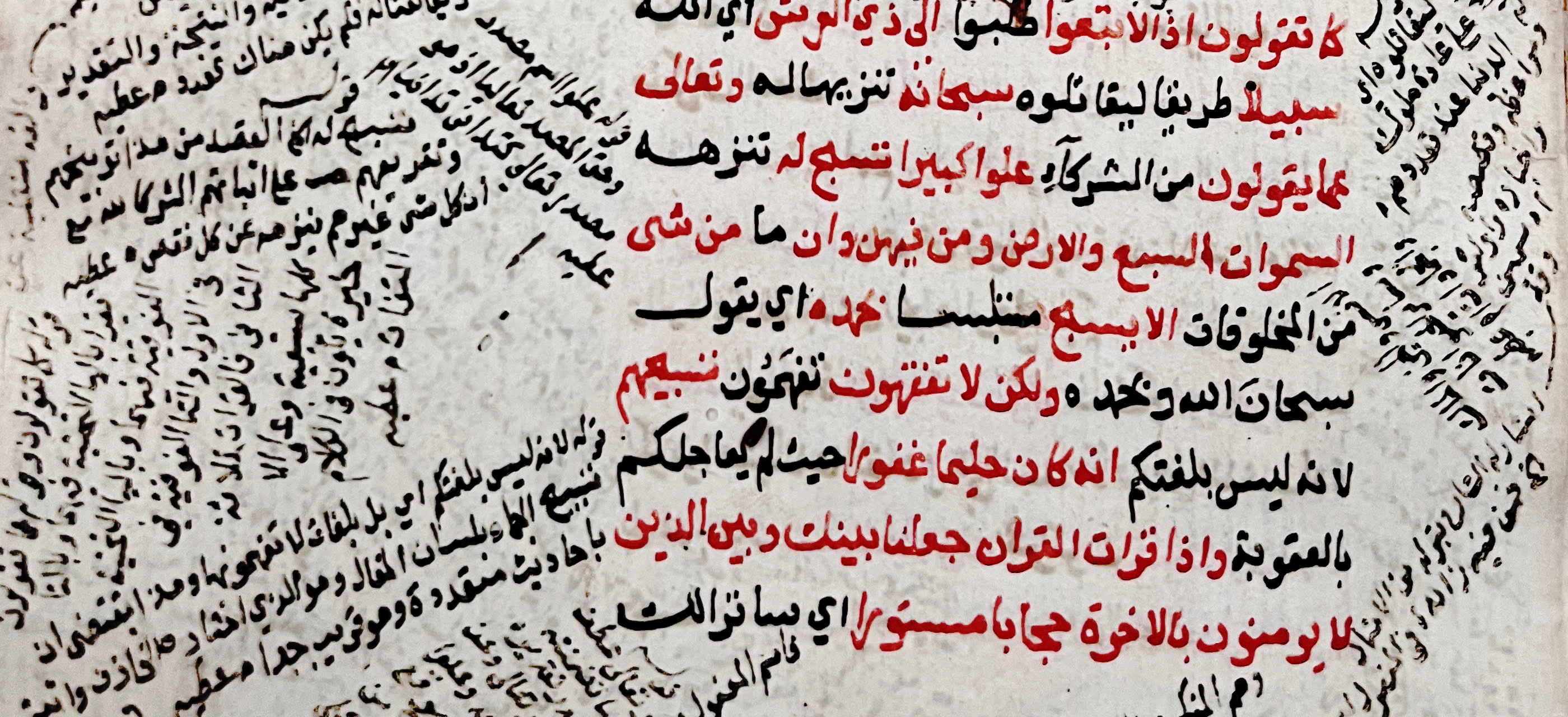The Role of Amazigh Libyan Civil Society in the Tamazgha Spring
Contenu
- Titre
- The Role of Amazigh Libyan Civil Society in the Tamazgha Spring
- Créateur
- Buzakhar, Madghis Voir tous les contenus avec cette valeur
- Buzakhar, Mazigh Voir tous les contenus avec cette valeur
- Buzakhar, Nasser Voir tous les contenus avec cette valeur
- Date
- 2016
- Dans
- Studi Magrebini Voir tous les contenus avec cette valeur
- Résumé
- The fall of Gaddafi’s regime in 2011 has had a significant impact on the development and implementation of different social and political reforms in Libya. During the 1969-2010 period, the Libyan regime, its political system and national policies had been set against the Amazigh, who were thus unable to develop their own social and political organizations. Since the regime change, Libyan society has been drawn into political struggle, but has also had the chance to reorganize itself. There is no doubt that Amazigh civil society has played an essential role, emerging as a cultural and political player during the revolution on the upper hills of the Infusen (Nefusa) mountain range in 2011. Moreover, the movement progressed during the post-revolutionary period as a cultural and political advocate seeking reconsideration and recognition within the country’s constitutional framework. This paper highlights recent developments in Libya, the crucial role of the Amazigh civil society during the period of the revolution and its essential movement towards the uprising that toppled Colonel Gaddafi. The paper seeks to present the methods used to mobilize people with highly ambitious goals of social and political transformation. It presents some of the aspects of how Amazigh civil society managed to benefit from the media as a tool of promotion, developing political entities and outreach at a global scale in order to influence society and public opinion, through methods including advocacy, campaigning, building partnerships and developing social and political projects.
- Langue
- eng
- volume
- 14-15
- numéro
- 2
- pages
- 179-204
Buzakhar, Madghis, Buzakhar, Mazigh, et Buzakhar, Nasser, “The Role of Amazigh Libyan Civil Society in the Tamazgha Spring”, 2016, bibliographie, consulté le 21 décembre 2024, https://ibadica.org/s/bibliographie/item/20648
Position : 35200 (1 vues)

